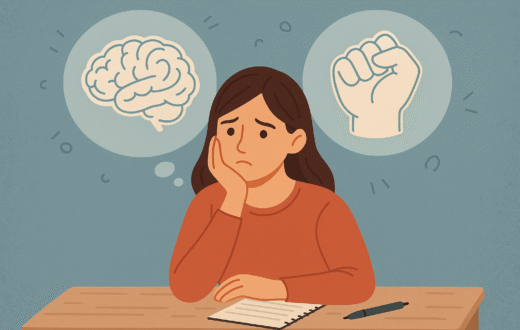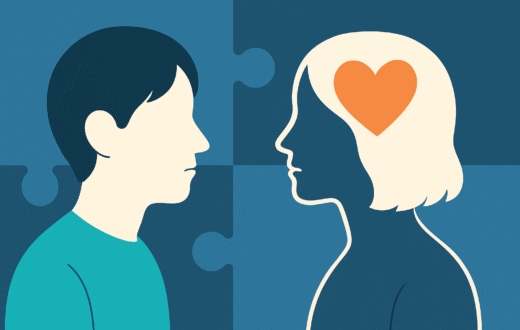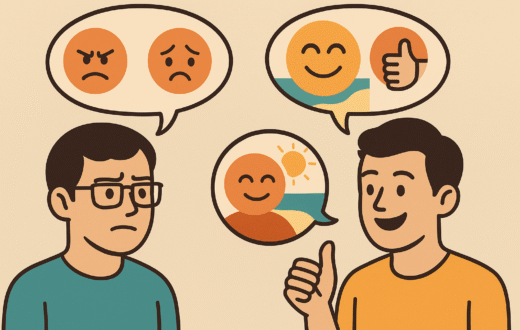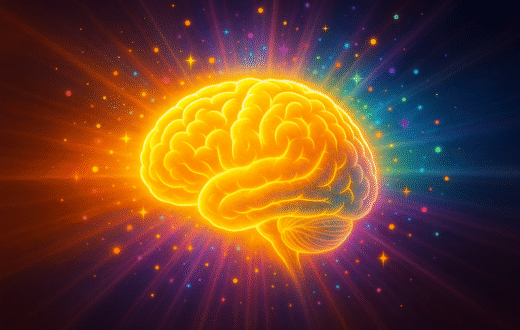Addiction Is Not Weakness—It’s Brain Chemistry

While many people drink alcohol occasionally and without problems, others find it difficult to stop once they start. If you’ve struggled to control your drinking despite the consequences, your brain may be showing signs of addiction—a condition that alters the brain’s chemistry and function.
What Is an Addicted Brain?
An addicted brain is one that has undergone long-term changes due to repeated substance use. These changes affect how the brain regulates reward, impulse control, and decision-making. Over time, drinking becomes less about pleasure and more about avoiding discomfort or feeling “normal.”
Key areas affected include:
- The dopamine system (linked to reward)
- The prefrontal cortex (responsible for judgment and self-control)
- The limbic system (manages emotion)
If you’re wondering whether your brain may be addicted to alcohol, look for the following warning signs.
1. Repeated Attempts to Quit Without Lasting Success
If you’ve made several efforts to stop drinking but keep falling back into old habits, this may be more than a willpower issue. Cravings, obsessive thoughts about alcohol, and the inability to stop once you start are all indicators of impaired impulse regulation.
2. Continued Use Despite Harm
Drinking even when it causes health issues, relationship problems, or work challenges suggests your brain is prioritizing short-term relief over long-term well-being. This behavior often signals alcohol use disorder (AUD).
3. Preoccupation With Alcohol
Spending a lot of mental energy thinking about alcohol or planning when you’ll drink again is a red flag. It can mean alcohol has taken over your brain’s reward pathways, making other pleasures less satisfying.
4. Tolerance Is Building
Needing more alcohol to achieve the same effect is a sign of tolerance. This reflects how your brain has adapted and is no longer responding to alcohol the way it once did.
5. Withdrawal Symptoms
Feeling anxious, restless, or unwell when you don’t drink could mean your body and brain have become physically dependent on alcohol.
6. Using Alcohol to Cope
If you rely on alcohol to handle stress, anxiety, or other emotions, this emotional dependence can quickly become hardwired into your brain’s coping mechanisms.
7. Hiding or Minimizing Drinking
Being secretive about how much you drink or feeling guilty afterward often means you’re aware something is wrong. This internal conflict is a key marker of an addicted brain.
What Can You Do?
Recognizing these signs is the first step. Addiction isn’t a moral failure—it’s a neurological condition. Fortunately, the brain is capable of change.
- Seek a professional evaluation
- Explore evidence-based treatment like CBT, medication, or support groups
- Share your experience—connection can be healing
- Set goals based on your needs: moderation or abstinence
Final Word
You’re not weak or broken. If your brain is hooked on alcohol, it needs support and healing, not shame. Freedom begins with understanding what’s happening inside you and reaching out for help.




